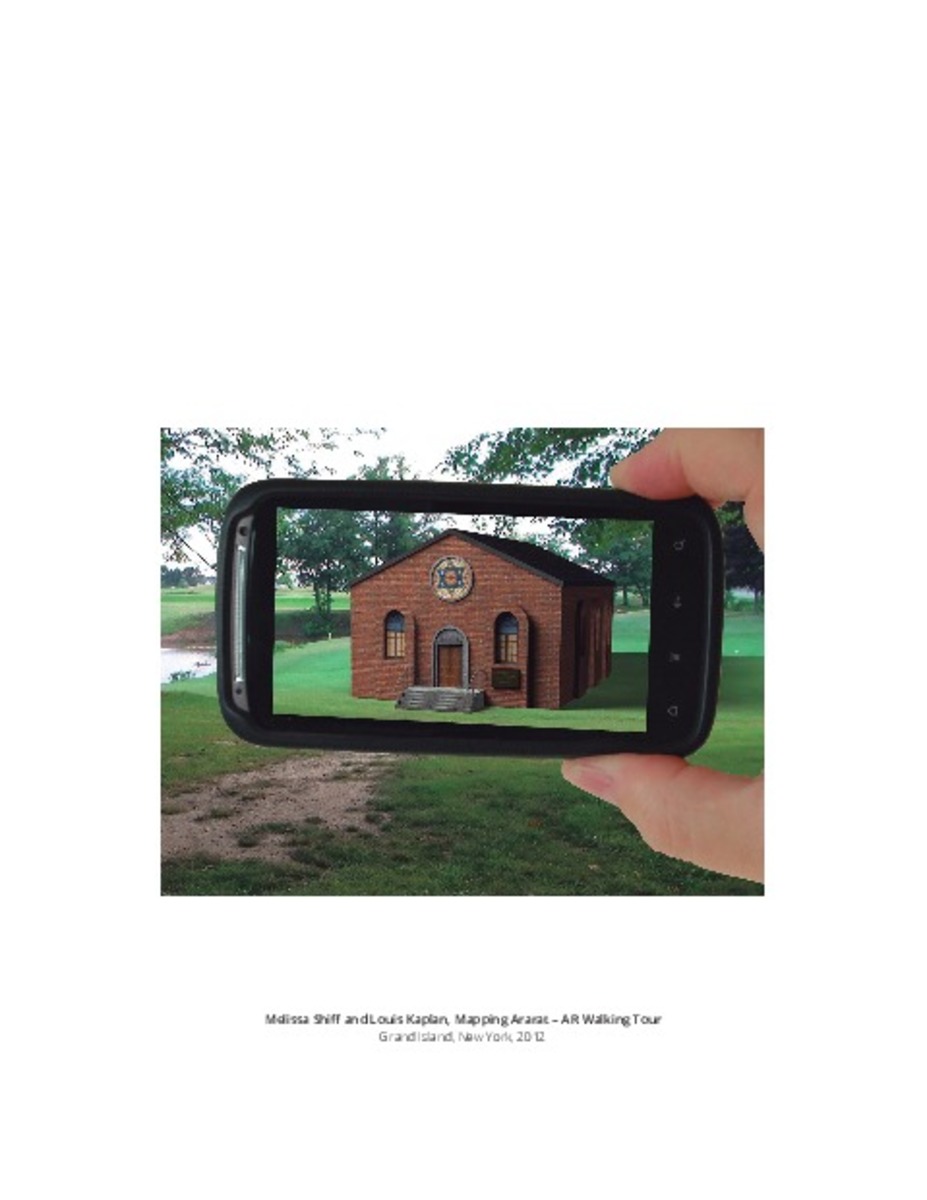Full metadata record
| DC Field | Value | Language |
|---|---|---|
| dc.creator | Hornstein, S. (Shelley) | - |
| dc.date.accessioned | 2016-12-12T09:28:57Z | - |
| dc.date.available | 2016-12-12T09:28:57Z | - |
| dc.date.issued | 2016 | - |
| dc.identifier.citation | Hornstein, S., (2016) ""Out of Site: Digital Cartographies of Memory"" En: Alcolea, R.A, Tárrago-Mingo, J., (eds.), en Congreso internacional: Inter photo arch ""Interpretaciones"", celebrado en Pamplona, los días 2 al 4 de Noviembre de 2016, (pp. 112-121) | es_ES |
| dc.identifier.isbn | 978-848081-520-8 | - |
| dc.identifier.uri | https://hdl.handle.net/10171/42489 | - |
| dc.description.abstract | If Alois Riegl’s claim that an architectural monument –in the original and ancient sense of the term– meant creating a work with the objective of safeguarding the memory of an event, then this paper asks if photographs and specifically digital images of monuments and memorials can sustain memory by creating a memorial itinerary, one that links projects virtually and physically to each other beyond geographic sites. While some memorials are successful at stimulating memory recall, others become empty, monolithic objects, even when presented in the form of a museum. In a culture of excess and visual inundation, photography and particularly social media of the newest memorials bid for our emotional commitment, particularly when our own histories and memories are often removed from the one aiming to be recovered, and perpetuate our overfed and undernourished souls. Can the cultural imaginary recuperate the memory that a memorial aims to represent? In looking at a series of recent memorial projects made known through social media, particularly Melissa Shiff and Louis Kaplan’s Mapping Ararat, this paper asserts that digital cartographies (that is, images and places) play a crucial role in charting points of memory. The memorial projects discussed here dwell in our virtual, digital and screen-based cultures and imaginaries as complements to the tangible object. Together they explore the cartographic entanglements of geographic and imaginary histories of place as homeland and community in order to suggest that what we choose to remember is set out as part of a selective (both pre- and post-) tour digitized or photographed. | es_ES |
| dc.language.iso | eng | es_ES |
| dc.publisher | Servicio de Publicaciones Universidad de Navarra | es_ES |
| dc.rights | info:eu-repo/semantics/openAccess | es_ES |
| dc.subject | Materias Investigacion::Arquitectura | es_ES |
| dc.subject | Digital images | es_ES |
| dc.subject | Cartography | es_ES |
| dc.subject | Photography | es_ES |
| dc.subject | Memorials | es_ES |
| dc.subject | Architecture | es_ES |
| dc.subject | Social Media | es_ES |
| dc.subject | Geopraphy | es_ES |
| dc.subject | Monuments | es_ES |
| dc.subject | Memory | es_ES |
| dc.subject | Argumented reality | es_ES |
| dc.title | Out of Site: Digital Cartographies of Memory | es_ES |
| dc.type | info:eu-repo/semantics/article | es_ES |
Files in This Item:
Statistics and impact
Items in Dadun are protected by copyright, with all rights reserved, unless otherwise indicated.






